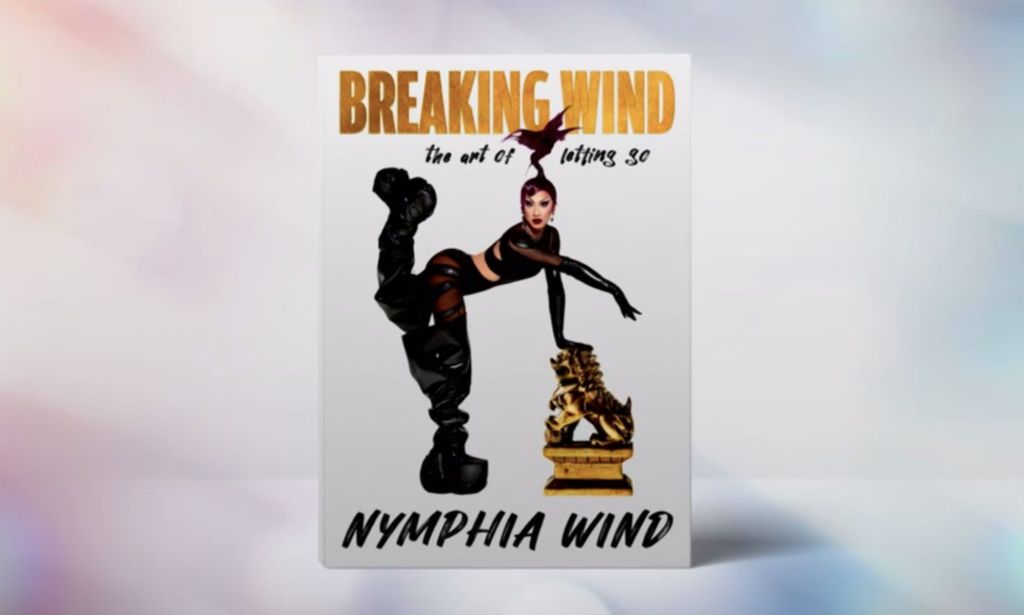Drag Race winner Nymphia Wind opens up about mental-health battle: ‘I was always hard on myself’

Nymphia Wind has opened up about being “unsure” about where she “fit in” as a drag performer. (Getty)
The winner of season 16 of RuPaul’s Drag Race, Nymphia Wind, has spoken candidly about her struggles with her mental health as an Asian drag performer.
Despite winning over Drag Race fans with her “bananas” personality and jaw-dropping looks, the Taiwanese-American performer was often depicted as doubting her abilities.
But she needn’t have done so. After bagging three challenge wins and delivering a stunning performance of Kylie’s “Padam Padam” in the final, which even the Aussie pop superstar herself acknowledged, Nymphia beat closest competitor Sapphira Cristál to take the crown.
After winning the show, she even got the opportunity to perform for Taiwan’s then president, Tsai Ing-wen.
One of Nymphia’s challenge wins was during episode 14, entitled “Booked and Blessed”, in which the queens had to begin writing a memoir. Now, almost two months on, Nymphia has released a full extract from her book Breaking Wind – The Art of Letting Go, in partnership with LGBTQ+ youth suicide prevention charity The Trevor Project.

The chapter marks the end of Asian American and Pacific Islander (AAPI) Heritage Month and the beginning of Pride month, and touches on Nymphia’s battle with mental-health issues while growing up, and becoming a drag queen.
“The conversation around mental health in Asian countries is very different than in the US. Growing up in Taiwan, mental health wasn’t discussed as much with friends or family, and the taboo nature of the topic could make people uncomfortable if it was brought up,” she writes.
“I remember starting out in Taipei and getting to know the scene and making new friends but coming up in drag takes a lot more than the average person would assume. They say we are our own worst critics, I was always hard on myself if I didn’t perform to my own high standards or my look wasn’t perfect.
“Even moving to Brooklyn – where conversations around mental health are more common – there were moments when I would feel down and unsure of where I fit in my drag, Asian or queer communities.”

According to The Trevor Project, more than two-thirds of young queer AAPI people experience symptoms of anxiety. Nymphia goes on to write about how finding her chosen family – particularly other queer, Asian drag performers in New York – helped her through her own bouts.
“There are some things that only another queer Asian drag artist would understand,” she insists.
“Because of the pressure to do well in my career, I definitely have a bit of performance anxiety. Even after performing for years, sometimes I still get nervous before my shows.
“It doesn’t matter if I know my look is sickening, if I’m performing my favourite song, or if the crowd’s energy is off the charts, I can’t stop intrusive thoughts and negative feelings.
“But I can choose how I navigate those moments.”
How did this story make you feel?

